Koko Star, HISA, and the claim that wasn’t
When owner Scott Haney and trainer Dorothy Worton dropped a slip on a $10,000 claiming horse named Koko Star August 1 at Colonial Downs, they thought they were getting a runner they might be able to bump up the ladder a bit and make some money with.
What they got instead was an encounter with the new rules promulgated by the federally created Horseracing Integrity and Safety Authority (HISA) that left Worton frustrated and Haney describing himself as “scared to claim a horse right now.”
It is an apt example of the kind of growing pains that the new regime is encountering. But it’s also emblematic of the kind of ripple effects that these pains can have.
Koko Star looked to be the kind of horse Haney was hoping to add, one with hidden quality and available upside. He’d caught Haney’s eye when finishing a near-miss second to Haney’s own Titrate at Colonial July 12.
“The first week of May of 2020 [Koko Star’s three-year-old season], this horse ran in a race and got a 100 Equibase speed figure in a race that had a 100 class rating,” Haney said. “That’s almost Triple Crown, and they never raced him again on the flat.”
He changed hands thereafter, owned by Fearnought Farm LLC and trained by Doug Fout, and following that 2020 race, a win in a $65,000 maiden claimer at Gulfstream Park, Koko Star didn’t race for the next five months until showing up at Middleburg going 2 ⅛ miles over jumps. And so for the next year-and-a-half: Charleston, Charlotte, Montpelier, Camden, Middleburg again.
All over the jumps, and all defeats.
Until that runner-up effort at Colonial, the one that caught Haney’s eye and suggested to him: “They’d been running him 2 ½ miles, galloping him to build stamina,” he said. “We’d have to try to put a little more speed back in him, and I thought we could get him back in the 90s speed figures.”
Twenty days after the Titrate race, on August 1, Koko’s Star raced again, again finishing a near-miss second. Haney was the only owner to drop a claim slip; the horse he’d coveted was his.
- Kentucky Derby future wager pool 3 opens Friday
 The build-up to the 152nd Kentucky Derby presented by Woodford Reserve (Grade I) continues Friday through Sunday with Pool 3 of the Kentucky Derby Future Wager, featuring Breeders’ Cup Juvenile (GI) winner Ted Noffey as the 6-1 individual favorite and All Other 3-Year-Olds not listed among the 39 individual interests as the overall 4-1 choice. The three-day pools, featuring $2… Read more: Kentucky Derby future wager pool 3 opens Friday
The build-up to the 152nd Kentucky Derby presented by Woodford Reserve (Grade I) continues Friday through Sunday with Pool 3 of the Kentucky Derby Future Wager, featuring Breeders’ Cup Juvenile (GI) winner Ted Noffey as the 6-1 individual favorite and All Other 3-Year-Olds not listed among the 39 individual interests as the overall 4-1 choice. The three-day pools, featuring $2… Read more: Kentucky Derby future wager pool 3 opens Friday
“We were all excited,” Worton said. “We got a decent horse for the money, we thought.”
They entered Koko Star back in a $25,000 claiming event scheduled for August 15, and he was installed as the lukewarm 4-1 morning line favorite.
Three days before the race, on August 12, Worton said she received a call from the Virginia state stewards. And then everything began to go sideways.
Koko Star, she was told, had a “pending drug test,” meaning that an initial screening had suggested something off, necessitating further testing. Because of that, the stews scratched Koko Star pending resolution of the test.
On August 19, the stewards informed Worton that Koko Star had in fact tested positive for methocarbamol, a muscle relaxant commonly sold as Robaxin. Methocarbamol is considered a Class 4 drug, meaning one that is commonly used in horses for therapeutic purposes, is considered to have little ability to affect performance, but is not permitted in the horse’s system on race day beyond a threshold of one nanogram per milliliter of blood serum or plasma, according to Association of Racing Commissioners International guidelines..
On August 22, the stewards issued a ruling disqualifying Koko Star from the August 1 race because of the overage and fining trainer Doug Fout $1,000. (Fout did not return a call for comment.)
The ruling also voided the claim, citing “HISA rule 2262.”
“I said, ‘We don’t want to void the claim,’” Worton said. “I really don’t, because we liked him.”
She had, however, no option.
To understand why, let’s take a quick detour. While void-claim rules have become increasingly popular in recent years, their exact parameters have varied from state to state. Some allow claims to be voided only for injuries and/or when horses are put on the vets’ list, while others add in medication overages and drug positives.
The premise was to protect the horse, and to protect the claimant: to eliminate any incentives that might exist for trainers to run unsound horses, protecting both the animals and the other participants in the sport.
Among states with void-claim rules, Delaware is one with a rule permitting a claim to be voided following a positive. Its rule read in part: “The successful claimant shall have the right to void the claim should the forensic analysis be positive for any prohibited substance [or] an illegal level of a permitted medication.”
While Virginia’s rule did not have a medication provision, here’s what it said if a horse was vanned off at the direction of the state veterinarian: “A claim is voidable at the sole discretion of the new owner or trainer for a period of one hour after the race is made official” in such a case.
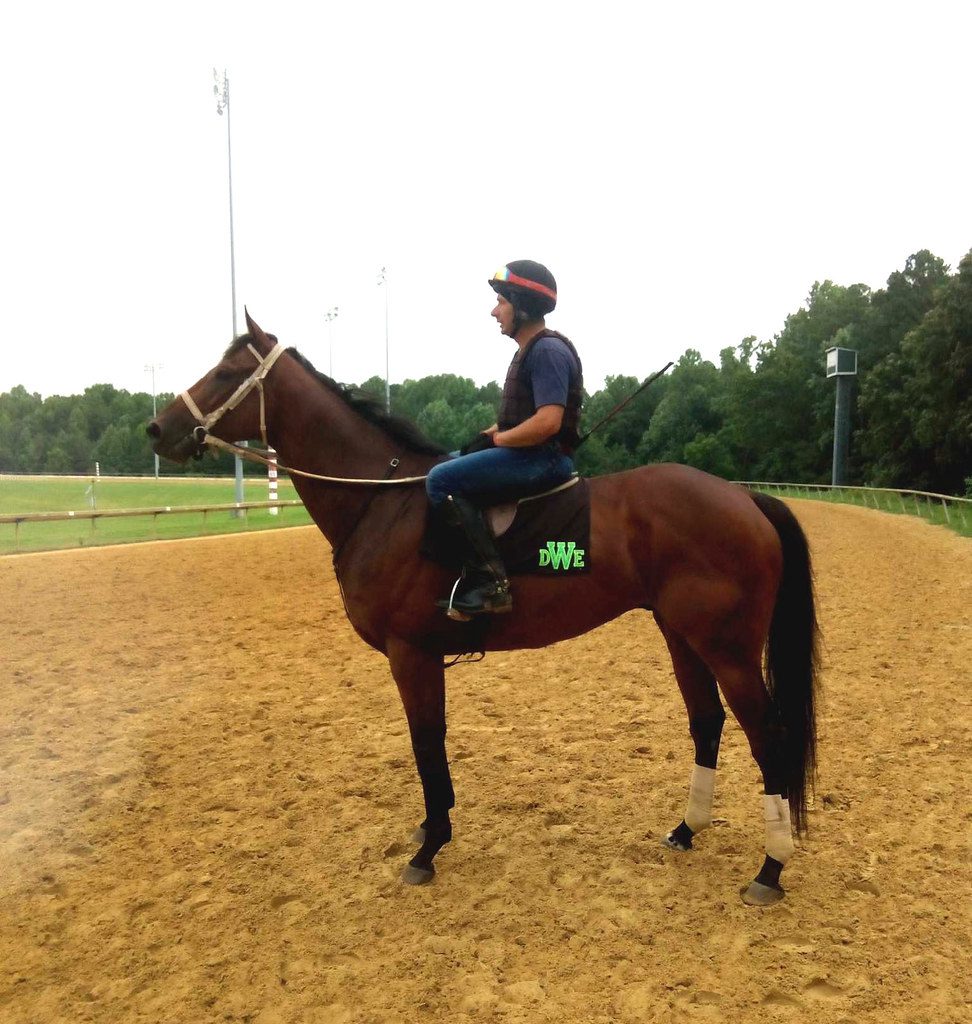
A common feature of those rules was that they permitted the claimant to base their decision about whether to take the horse on actual knowledge. Was the horse lame in three legs or just a little bit ouchy? Was the positive a Class 1 that almost certainly had a significant impact on the horse’s performance, or, like methocarbamol, a Class 4 that almost certainly didn’t?
Adding uniformity to the system – harmonizing rules from state to state – was one important goal of HISA, said the organization’s Director of Racetrack Safety, Ann McGovern.
“We don’t want to encourage any [prohibited] drugs, and we want to have uniformity,” she said.
Additionally, she said, the organization thought it best if injured horses generally end up back with their original connections, who might be best positioned to know the horse and provide proper care.
As a result, HISA took a different tack from many states. It requires horsemen to determine up front whether to take the horse, by checking a box on the claim slip that reads:
“[T]he claimant elects to claim the horse regardless of whether the Regulatory Veterinarian determines the horse will be placed on the Veterinarian’s List as bled or unsound or the horse tests positive for a prohibited substance.”
That’s an agreement that covers a lot of ground.
- Charles Town: 10 stories that mattered in 2025
 Charles Town correspondent Ted Black revisits 10 stories that mattered at the West Virginia oval in 2025.
Charles Town correspondent Ted Black revisits 10 stories that mattered at the West Virginia oval in 2025.
“Why would you ever mark that box?” Worton, the trainer, wondered. “Unless you wanted it as a broodmare or something that, if it was really bad off and could never be ridden again, you still wanted it. I mean, it doesn’t tell you level of unsoundness. It’s just unsoundness.”
Beyond that, she said, the other provisions also range too far afield.
“I mean, I guess if the horse had, like, morphine or something crazy in his body, then you’d be, like, ‘Well, hell, maybe I don’t want the horse,’” she said. “But it doesn’t narrow anything down.”
One solution, Virginia Horsemen’s Benevolent and Protective Association chief Frank Petramalo suggested, would be for the slip to provide a broader array of choices, though some stewards fret that that would only cause more confusion. Another would be to return to common practice before HISA and give claimants, under certain circumstances, a limited window in which to determine if they want the horse or not.
“Why did they find it necessary to reinvent the wheel rather than looking at the ARCI model rules or the rules that were in place?” he asked. “Just the layout of the rules is so confusing, it’s mind-boggling.”

One example he points out is the “prohibited substance” language in the void-claim rule. What’s a prohibited substance? It’s defined in the regulations as a drug or other item on the “Prohibited List.” What’s on the prohibited list? Actually, that list has not yet been finally adopted. That regulation is pending with the Federal Trade Commission.
HISA’s McGovern said that the feedback she’s gotten from horsemen regarding the void-claim rules has been strongly positive. It’s likely that most horsemen prefer even imperfect void-claim rules to none at all, but for those horsemen used to having discretion about whether to void claims or not, the new rule doesn’t feel like progress.
Worton and Haney emphasize that they are supportive of HISA’S goal of uniformity. But all of this has left a bad taste in their mouths.
“I feel like we got screwed because we didn’t do anything wrong,” Worton said. “We claimed the horse; we didn’t mark the box because we’re thinking, if the horse ends up three-legged lame, we don’t want him.”
But with a Class 4 positive? She wanted him.
And Haney, who did overcome his newfound gunshyness to claim a horse named Romp on the second-to-last day of the meet, says the ruling has had additional impacts. While Koko Star was in the barn, for example, he eschewed claiming another runner, not wanting two likely to be in similar conditions.
And for both Worton, with an eight-horse operation, and Haney, with only a couple of runners, having Koko Star in the barn tied up money and resources that thus couldn’t be used elsewhere.
“They were going in the right direction [with void-claim rules], giving us a safety net, a little bit,” Haney said. “They should have not taken all discretion away from the owners. We should have some say.”
LATEST NEWS


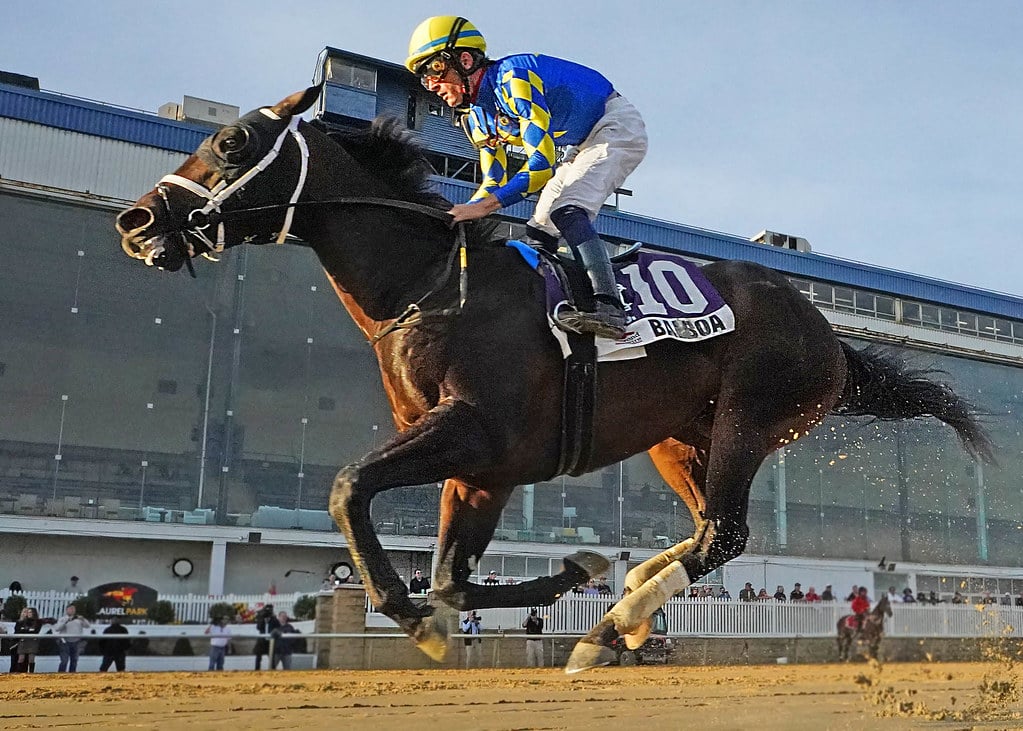

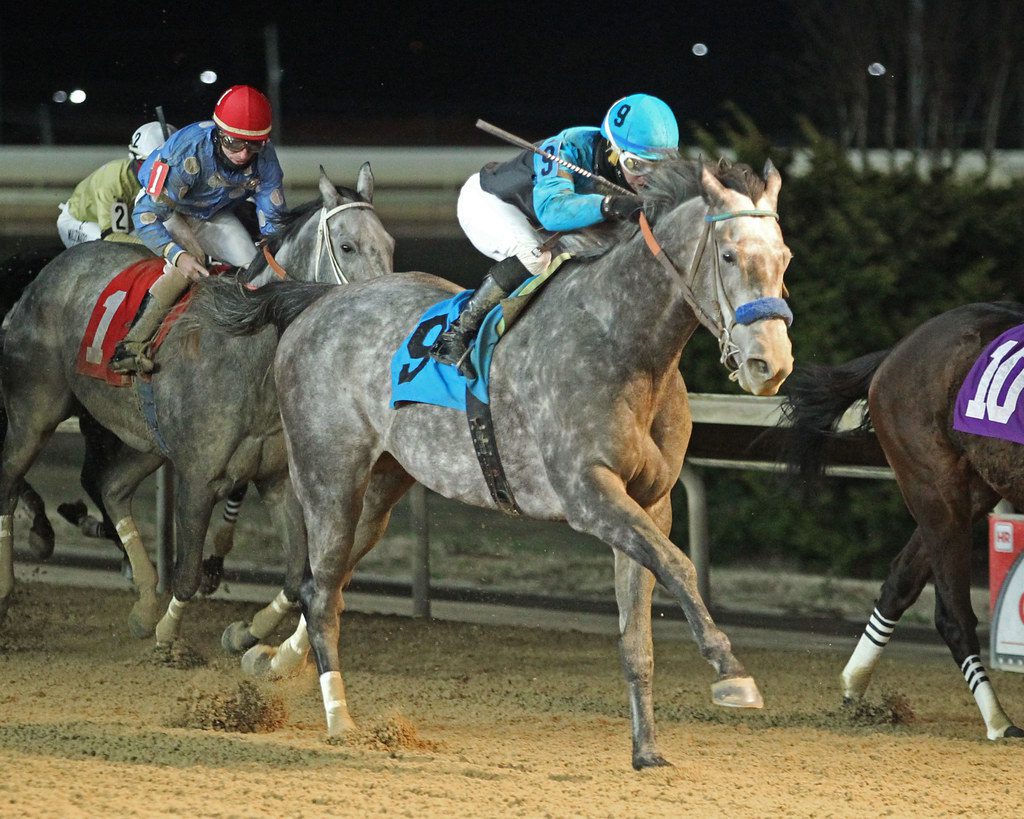

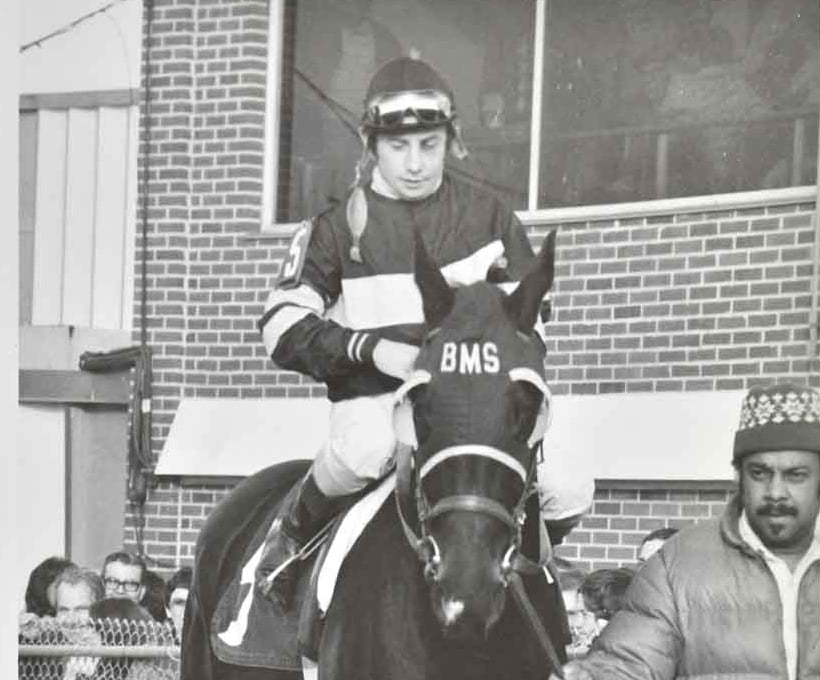
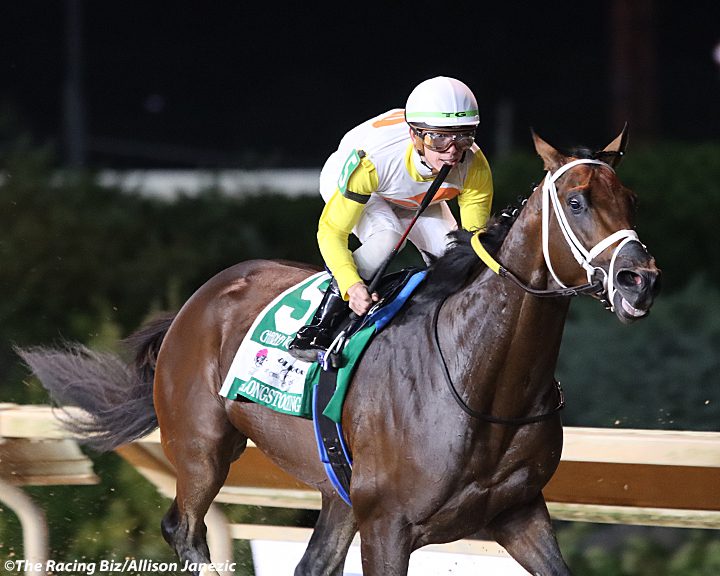

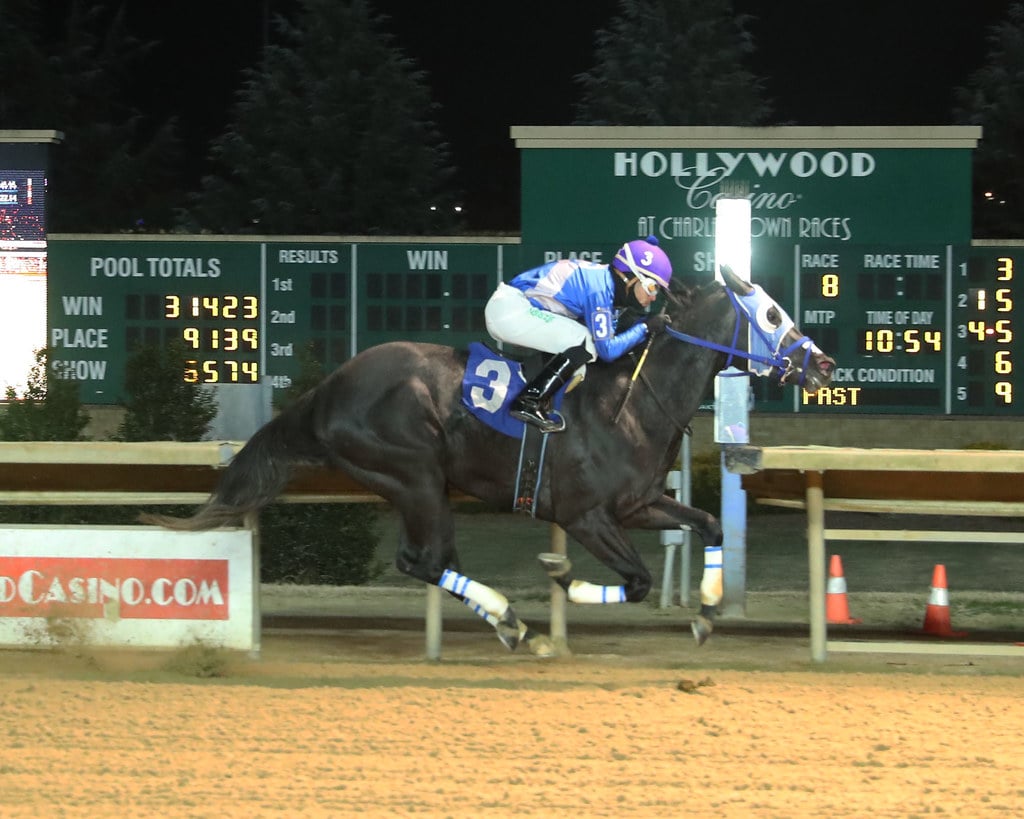
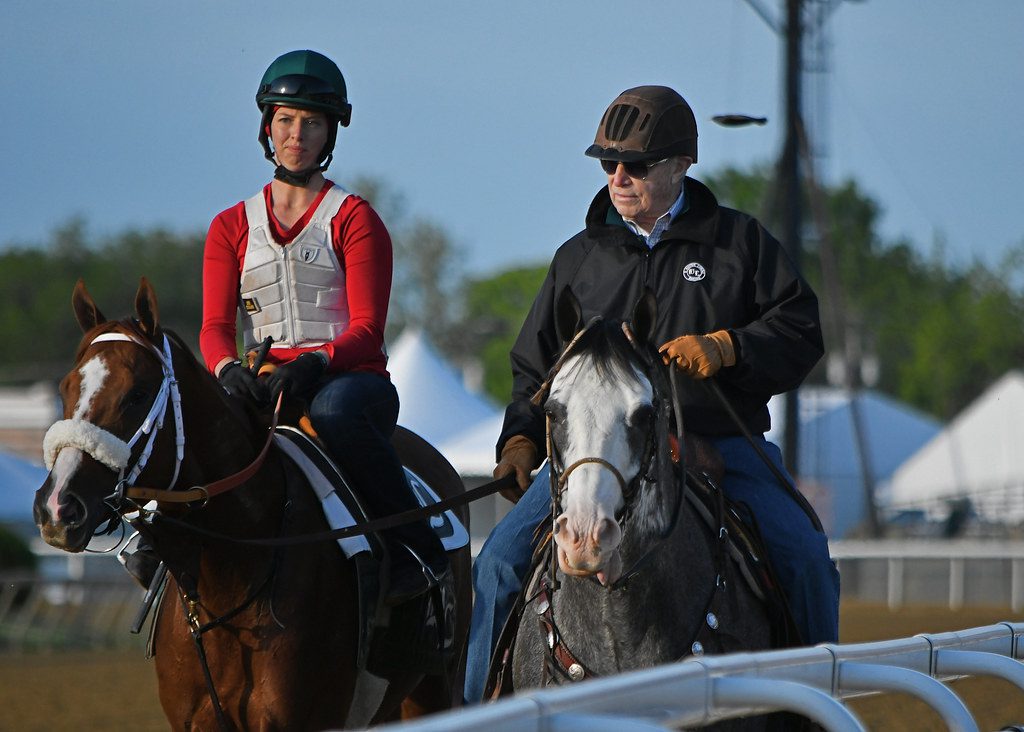









Anonymous
15th Sep 20224.5
Robin Cardoza
15th Sep 2022The rules are not a problem. And yes methocarbamol enhances performance. If you think it doesn’t you certainly should not be training horses.
LP
15th Sep 2022A private sale is an option that can be pursued